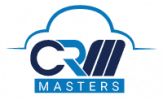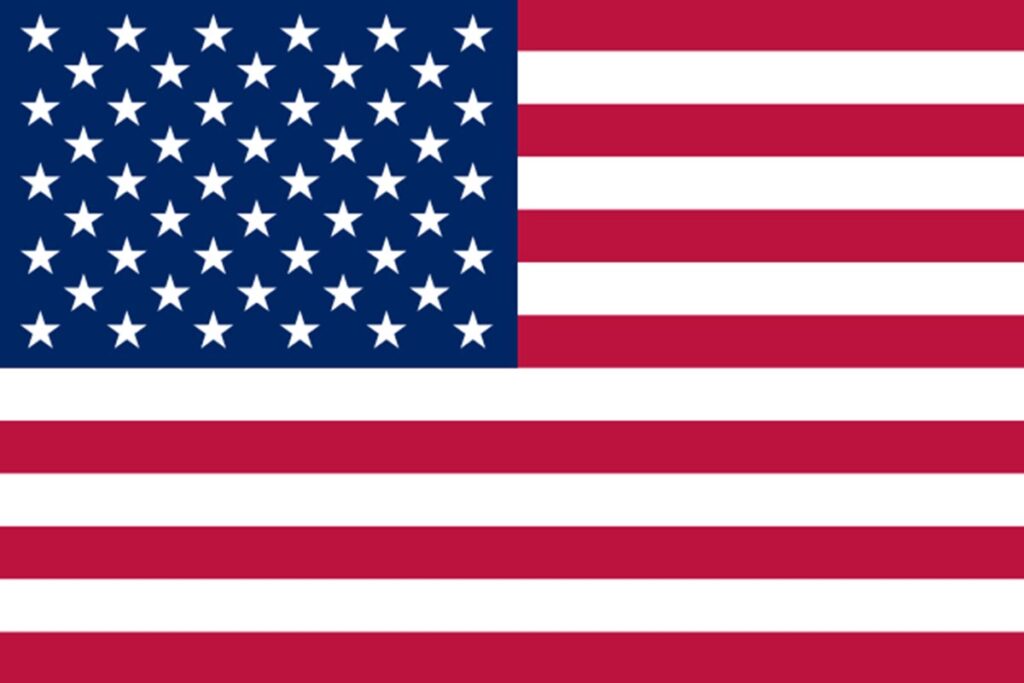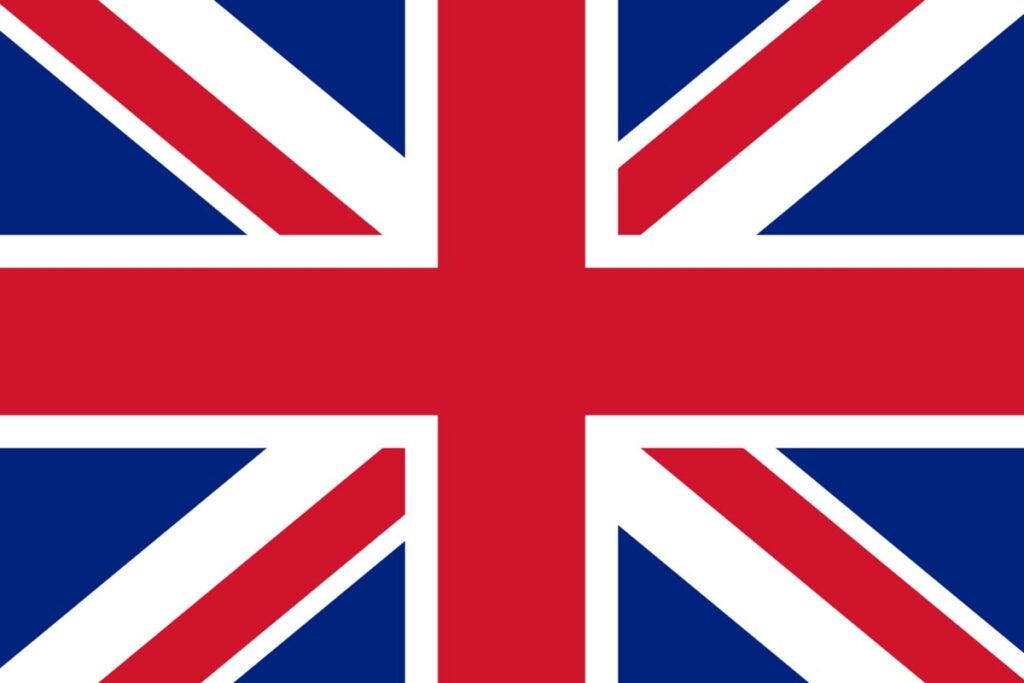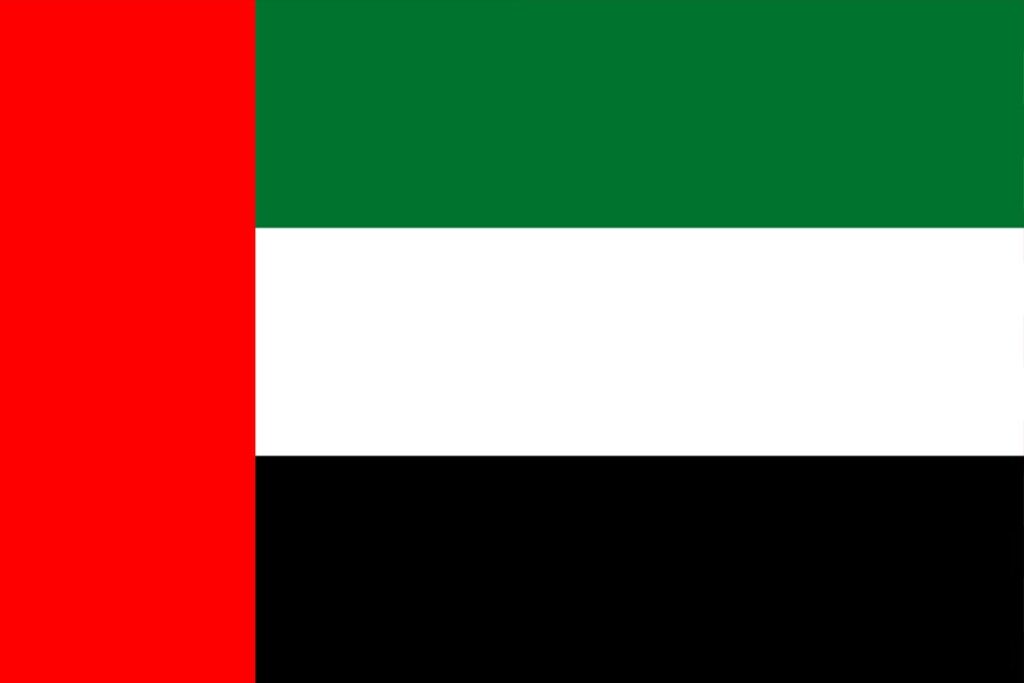ERP vs CRM: Comparison & Benefits
Enterprise Resource Planning (ERP) and Customer Relationship Management (CRM) are two important business management systems that help organizations streamline their operations and improve customer satisfaction. Although they are both (ERP & CRM) software systems, they have different functions and serve different purposes.
In this article, we will take a closer look at ERP Vs CRM, comparing and contrasting their features, and benefits.
What is CRM?
CRM is a software system that is specifically designed to manage customer relationships. This includes functions such as lead management, contact management, sales management, and customer service. The goal of CRM is to improve customer satisfaction by making it easier for businesses to manage their customer interactions and understand their needs.
Although ERP and Customer Relationship Management serve different purposes, they can also enhance one another and collaborate to boost a company’s overall efficiency. For instance, combining an ERP system with a CRM system can improve inventory control and more precise predictions of customer needs. if you need further information Zoho Partner is the best solution for CRM-related problems.
Here are some key features of CRM:-
- Customization
- Contact Management
- Workflow Automation
- Customization
- Third-Party Integration
Benefits of Customer Relationship Management
Marketers can develop targeted campaigns that both attract and retain customers by leveraging numerous customer data, such as contact information, purchase history, and previous interactions. They can also automate messages and segment their audience lists to ensure that the appropriate individuals receive the messages at the appropriate time, without the need for repetitive back-end work. The reporting features also provide a distinctive CRM analysis of sales objectives, making it simple to determine which products to promote.
Other benefits of CRM systems include:-
- Boost customer retention and sales
- Decreased customer churn
- Automation
- Clear segmentation
- Increased Data Protection
What is ERP?
It is a software system that integrates all the different functions of a business into a single system. This includes accounting, inventory management, human resources, customer service, and more. By integrating all these functions into a single system, ERP allows businesses to have a better overview of their operations and make more informed decisions.
Here are some key features of ERP:-
- Data Analysis
- Reporting
- Tracking and Visibility
- Financial Management
Benefits of ERP
Enterprise Resource Planning (ERP) systems offer significant advantages to sales and support groups by offering a comprehensive perspective. Sales representatives can monitor outstanding invoices or credit conditions as they decide on whether to recommend additional products to a customer. Additionally, they receive notifications regarding problems related to the supply chain or the processing of orders. Through the use of ERP applications, they can preemptively notify the client about possible hold-ups and suggest alternative solutions.
Other Benefits of the ERP system include:-
- Better Business Reporting
- Improved Customer Service
- Decreased Inventory Costs
- Safer Data Security
Difference Between ERP and CRM
|
Aspect |
ERP |
CRM |
| System Type | It is a unified system that simplifies all the procedures. | CRM serves as the exclusive platform for transforming clients into prospective customers. |
| Feature | Most of the ERP have CRM Features | CRM does not have ERP features |
| Web-Based Solution | ERP is a web-based application | CRM is a web-based solution |
| Support Activities | ERP facilitates back-office operations, including accounting, procurement, and human resources. | CRM facilitates front-office operations, including marketing, sales, and services. |
| Example | NetSuite, ERP, Scoro, AcTouch, etc. | Zoho, Salesforce, Hubspot ETC. |
| Functionality | Modules for inventory management, financial management, human resources, and production planning are typically included in ERP systems. They are intended to enhance the accuracy and efficacy of data by automating and streamlining internal processes and operations. | Modules for customer service, marketing automation, and sales administration are typically included in CRM systems. They are intended to facilitate the administration of customer interactions and relationships, offering tools for lead management, customer segmentation, and campaign management. |
Also Read: Zoho ERP System for Manufacturing
ERP and CRM Integration
The procedure of combining and connecting your Enterprise Resource Planning (ERP) and Customer Relationship Management (CRM) systems is referred to as ERP and CRM integration. ERP and CRM integration aims to achieve automated and uniform data exchange between these two systems. ERP and CRM offer a variety of advantages to companies.
Some Benefits of ERP and CRM integration are given below:-
- Improve Efficiency
- Eliminate Data Redundancy
- Emphasize Employee Collaboration
- Quicker Sales Approval
Conclusion
An ERP is used to help financial and resource management, aiming to enhance operational effectiveness, particularly in the production phase. On the other hand, customer relationship management assists businesses in navigating the sales journey and delivering outstanding customer service, which boosts customer loyalty and overall value.
CRM Master’s Infotech provides Zoho Implementation Services to take your business to the next level.
Sweet Bonanza 1000 shining crown Shining Crown matbet Sweet Bonanza 1000 Fortune Rabbit pusulabet chicky run chicky run apk












